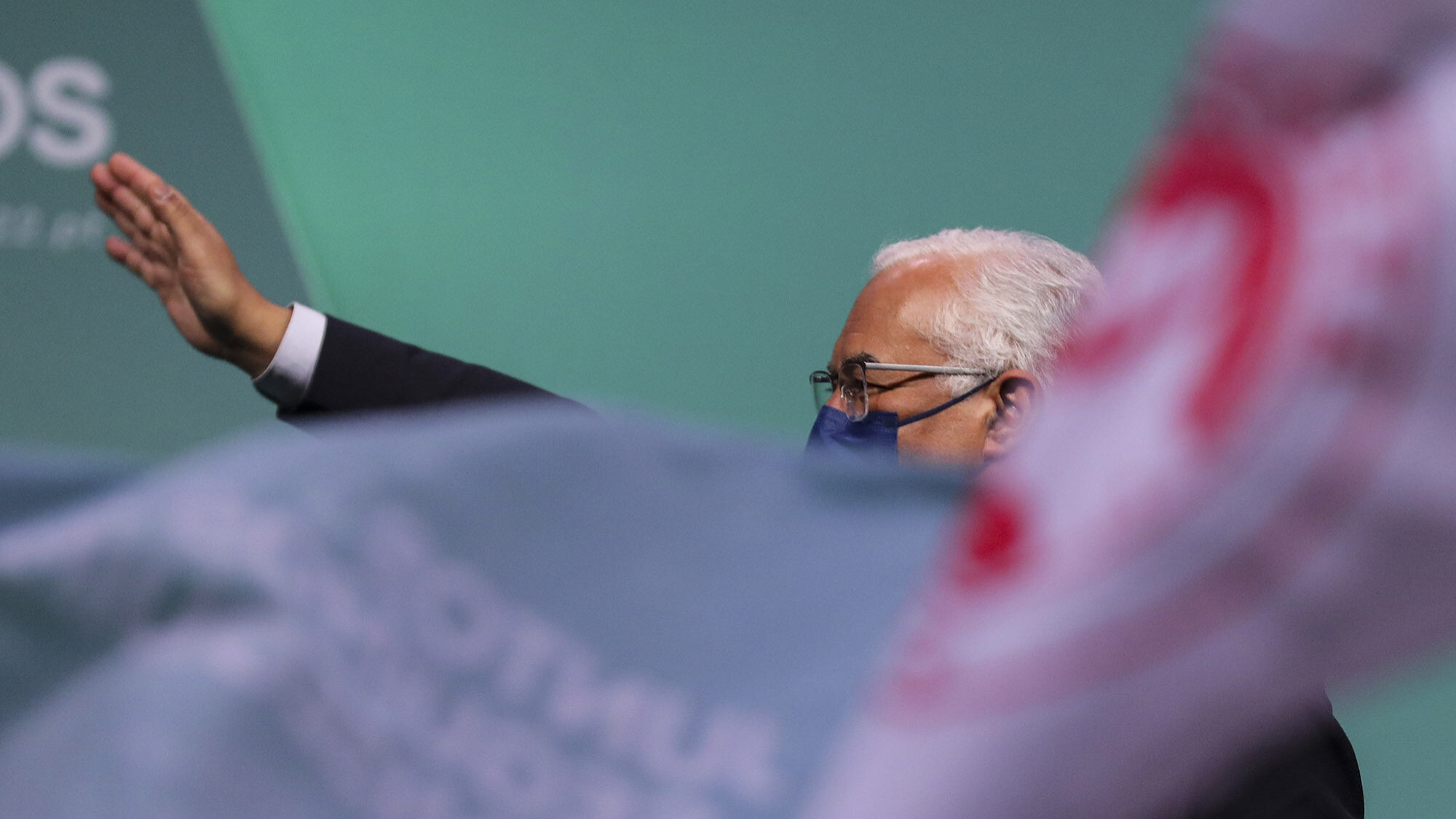It’s official: António Costa’s Government shrinks
The structure of the new Government has already been delivered to President of Portugal, Marcelo Rebelo de Sousa.
The third Government led by António Costa will have two fewer ministries and 12 fewer state secretaries than the previous one, which went down in history as the largest in Portuguese democracy. The Socialist leader thus fulfils the promise made during the election campaign that he would form a “more compact” Government.
Already after his victory in the elections was confirmed, and with an absolute majority that freed him from the Portuguese far-left, the Secretary-General of the Socialist Party (PS) repeated that the new executive would be “shorter and leaner”, like a “task force for recovery”.
The President of Portugal, Marcelo Rebelo de Sousa, has already scheduled that, if no other unforeseen events arise, such as a new challenge to the election results, the future deputies will take office on March 29 and the new ministers and secretaries of state can be made official together the very next day.
The governing team that collapsed after the Parliament was dissolved – it had been formed in October 2019 after the first experience with the so-called geringonça – included, besides the Prime Minister, 19 ministers and 50 secretaries of state, for a total of 70 elements.
In a statement, the Prime Minister’s office notes that there are “20% fewer governors than in the previous executive” and also reports that it has decided to make two Secretaries of State directly dependent on him: for Digitalisation and Administrative Modernisation, and for European Affairs. The full list of ministers will be delivered to the President of Portugal by the end of the day. António Costa has eliminated three ministries from the Government’s structure and created a new one for Parliamentary Affairs.
Government composition:
Prime Minister
Secretary of State (SE) for Digitisation and Administrative Modernisation
SE for European Affairs
Ministry of the Presidency
SE for the Presidency of the Council of Ministers
SE for Planning
SE for Public Administration
Ministry of Foreign Affairs
SE Foreign Affairs and Cooperation
SE for Portuguese Communities
Ministry of National Defence
SE for National Defence
Ministry of Internal Administration
SE for Internal Administration
SE for Civil Protection
Ministry of Justice
SE Deputy and Justice
SE for Justice
Ministry of Finance
SE for Budget
SE for Fiscal Affairs
SE for the Treasury
Minister of State and Parliamentary Affairs
SE for Equality and Migration
SE for Youth and Sports
Ministry of Economy and Sea
SE for Economy
SE for Tourism, Trade and Services
SE for Sea
Ministry of Culture
SE for Culture
Ministry of Science, Technology and Higher Education
SE for Higher Education
Ministry of Education
SE for Education
Ministry of Labour, Solidarity and Social Security
SE of Labour
SE of Social Security
SE of Inclusion and Social Action
Ministry of Health
SE Adjunct and Health
SE for Health
Ministry of the Environment and Climate Action
SE for Nature Conservation and Forestry
SE for Environment and Energy
SE for Urban Mobility
Ministry of Infrastructure and Housing
SE for Infrastructure
SE for Housing
Ministry for Territorial Cohesion
SE for Regional Development
SE for Local Administration and Territorial Management
Ministry of Agriculture and Food
SE for Agriculture
SE for Fisheries

